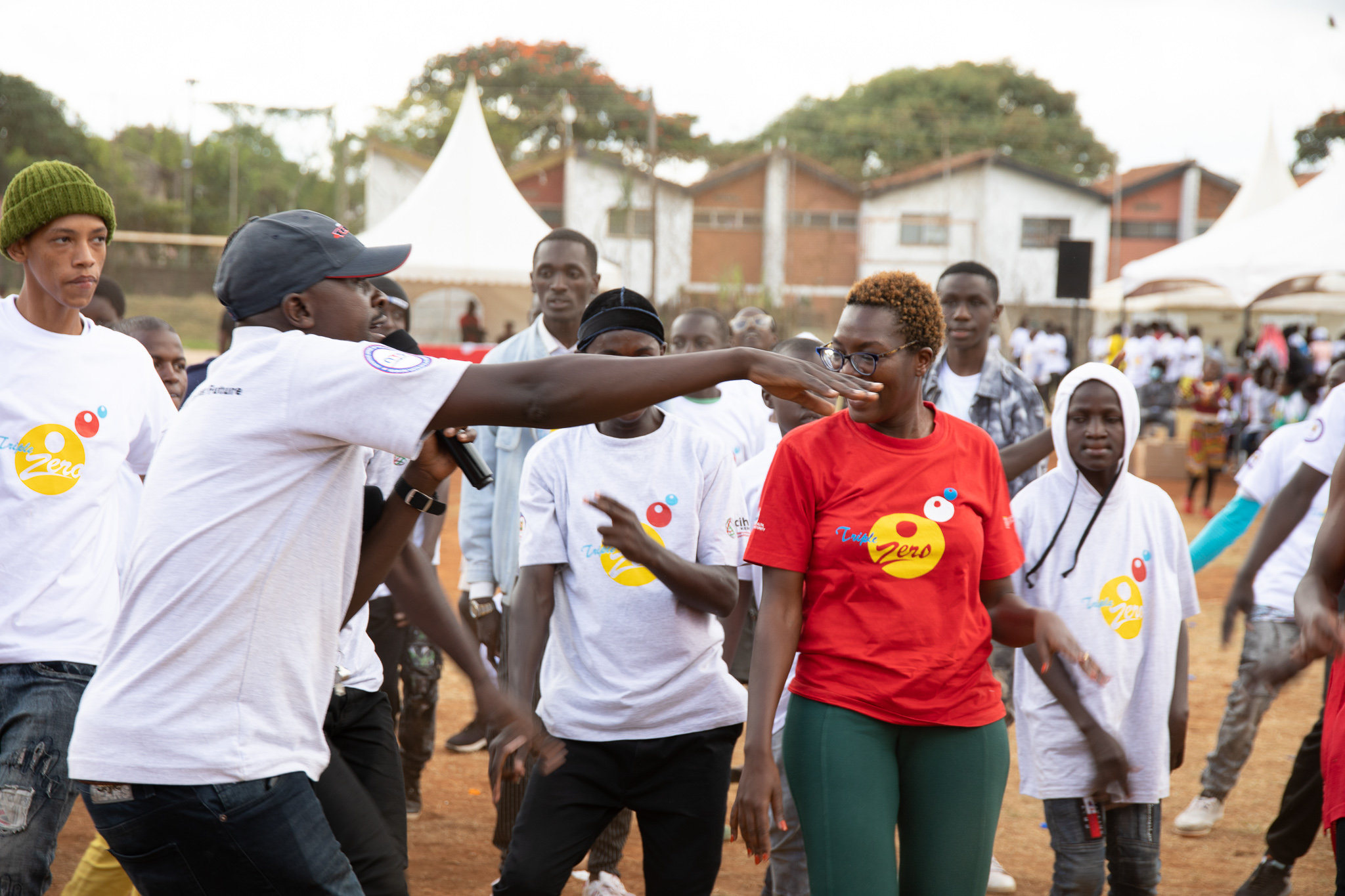
HIV is a chronic disease, requiring lifelong antiretroviral treatment—and local systems that can manage HIV prevention, care, and treatment over the long term. Local ownership in foreign assistance in the pursuit of the above is widely acknowledged as invaluable, as well as building local capacity to help countries transition from aid,…
Copyright © 2020 CIHEB KENYA. All Rights Reserved. Privacy Policy / Terms & Conditions / Complaints
Designed & Developed by Techmate Solutions